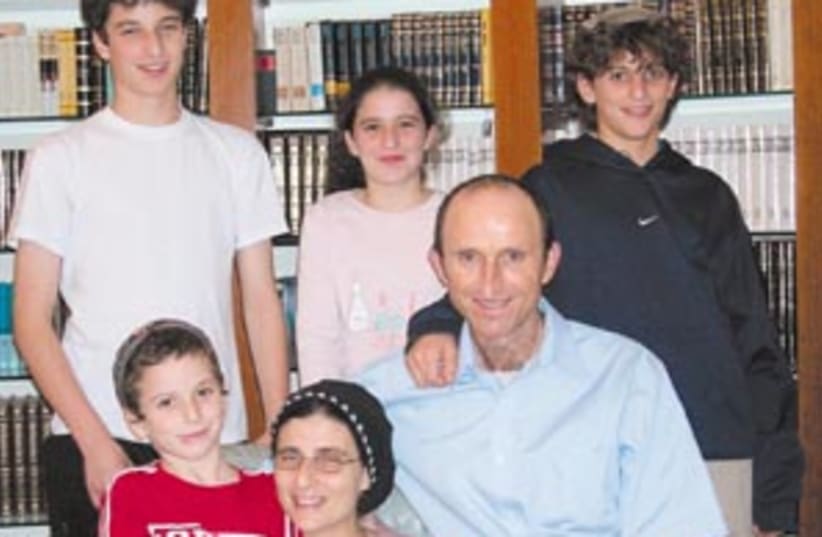| More about: | Melbourne, Beit Shemesh, Australia, Palestine |
Arrivals: From Melbourne to Beit Shemesh
'We call this our aliya bet‚" said Eve, "as we came for six years in 1989. For family reasons we had to return to Melbourne, but we always knew we'd be back."
